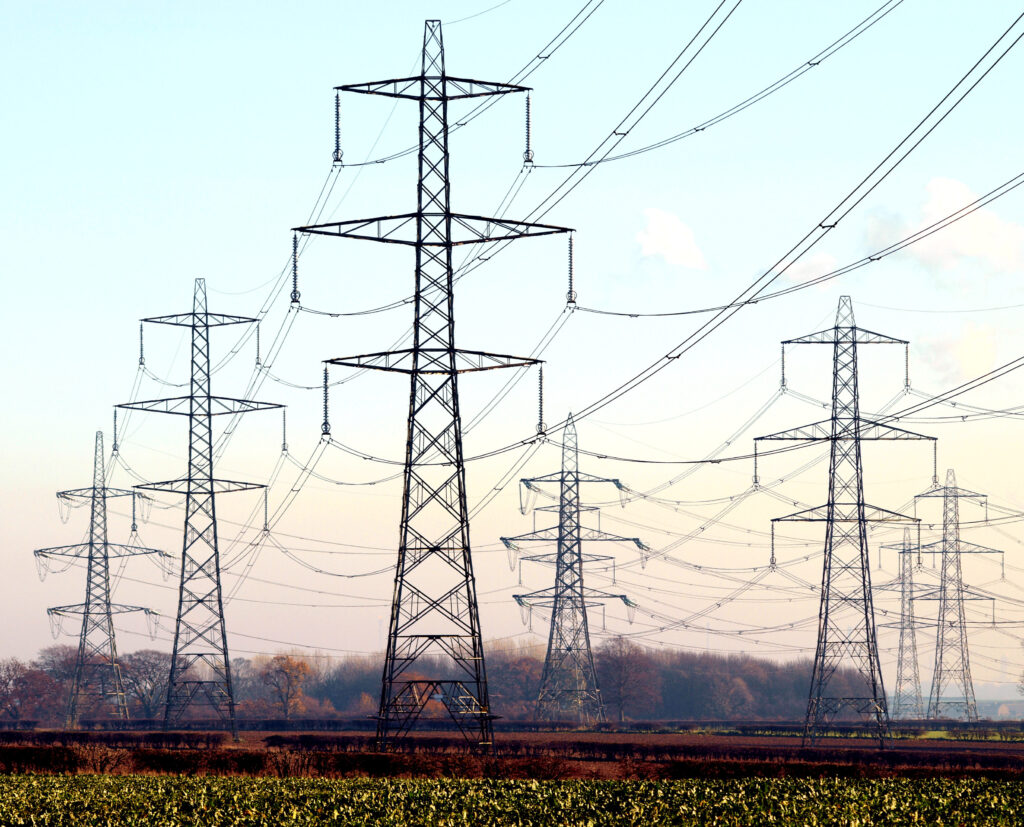Nine out of ten energy professionals say the UK is currently off-track to reach net zero by 2050.
Over half of the 350 sector workers interviewed by the Energy Institute (EI) for its annual Energy Barometer also said that the UK will not hit its 2030 interim target either.
These dire predictions come amidst concern over the impact of COVID-19 and energy policy, with 44% saying that a lack of clear energy policy is a barrier to meeting net zero. Action is needed immediately from the government to set the UK on the right trajectory, but 70% believe that it is currently not doing enough.
Steve Holliday FREng FEI, president of the Energy Institute and former CEO of National Grid, said: “Our members from all walks of energy are crystal clear on two big takeaways for ministers and industry leaders in this year’s Energy Barometer. First, despite progress so far in decarbonising electricity, the UK is way off track for getting to net zero by 2050. More ambitious policies are needed and fast.
“Second, there’s an appeal for the UK to turn the discontinuity caused by the pandemic into the moment we get real about the climate threat, the shape of our future economy and our responsibility to the world.”
Four fifths of those interviewed agreed with the Committee on Climate Change’s (CCC) call for a resilient, green recovery. This should include a stimulus for green industries and jobs, as well as support for carbon intensive sectors.
In the report, released in June, the government was urged to ‘just go for it’ and to take advantage of the ‘once in a lifetime’ opportunity the recovery from COVID-19 offered.
Chris Stark, chief executive of the CCC, said the “overwhelming support” from energy professionals should “give ministers confidence to act”, adding that “decisions in the coming months will shape our economic recovery – and bend the path of future UK emissions”.
“The dissatisfaction of energy professionals about current policies for net zero is a frustration we share. This is the year to put that right, as the world’s gaze falls on the UK, in the Presidency of the next UN climate summit in Glasgow, 2021.”
The impact of COVID-19 on reaching net zero split those interviewed by the Energy Institute, with 38% stating it would hasten the transition and 33% saying it would hinder it.
Energy demand, passenger journeys, industrial activity and emissions were not expected to rebound to beyond pre-pandemic levels by most interviewed, and many foresee them remaining subdued for an extended period.
Areas that are of particular concern for meeting net zero include energy efficiency, low-carbon heat and transport, as well as CCUS.
Yesterday (7 July), it was announced that Chancellor Rishi Sunak is set to this week unveil a £3 billion plan to reduce emissions in the UK, with £2 billion set for energy efficiency improvements in England.
This has been welcomed by the energy sector largely, although many have warned that more is needed. Dr Nina Skorupska CBE FEI, chief executive of the Renewable Energy Association, said it “lays the foundations for a successful Green Recovery by prioritising energy efficiency, funding social housing retrofits and emphasising the need for green jobs, but the financial aid is woefully inadequate”.
“If this is a one-off investment of £3bn then it falls short; it is not enough to stimulate the economy on the scale needed or make a dent in our net zero by 2050 targets.”
Low-carbon heating has increasingly been flagged as a priority for decarbonisation in the UK, and the EI’s Barometer urges incentives for heat pumps and hydrogen-ready boilers.
Additionally, funding must be assigned for pilot and demonstration carbon capture utilisation and storage projects (CCUS) for both industrial clusters and power stations. The first cluster, the Zero Carbon Humber project, is getting underway with a consortium of eleven energy and industry companies working to get it up and running by 2040.
Dr Robert Gross FEI, Energy Institute council member and UKERC director, said: “There is sound advice here for ministers looking to stimulate Britain’s economy in a way that averts future risk. Most immediately, the economic, environmental and social co-benefits of upgrading our existing housing stock have never been clearer. But nor can we afford to delay bold decisions on low-carbon heat and transport which are essential for the trajectory to net zero.”
EI’s Energy Barometer did recognise some of the sector’s decarbonisation successes, in particular the growth of renewables and the decline of coal as two stand-outs. Strong renewable generation and low demand helped keep coal off the grid for the longest period ever this year.
The success of renewables has been largely due to falling costs as a result of direct financial support and stable government policy. But more is still needed, and government policy must drive forwards decarbonisation of the energy sector now, the EI said, if the UK is to have a hope of reaching net zero.





